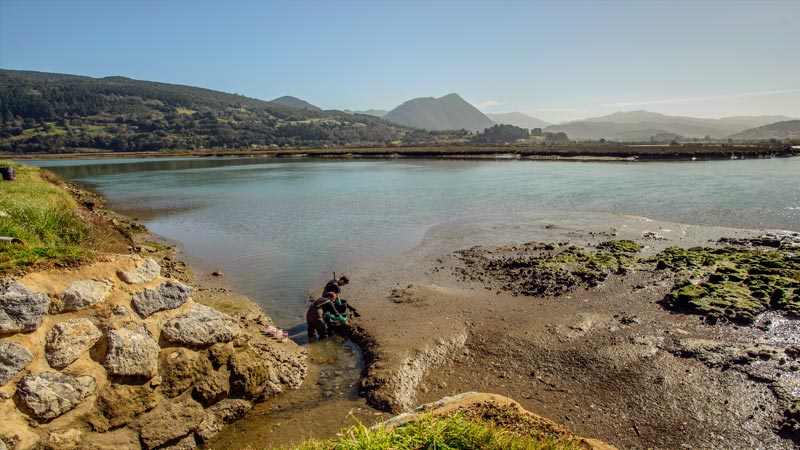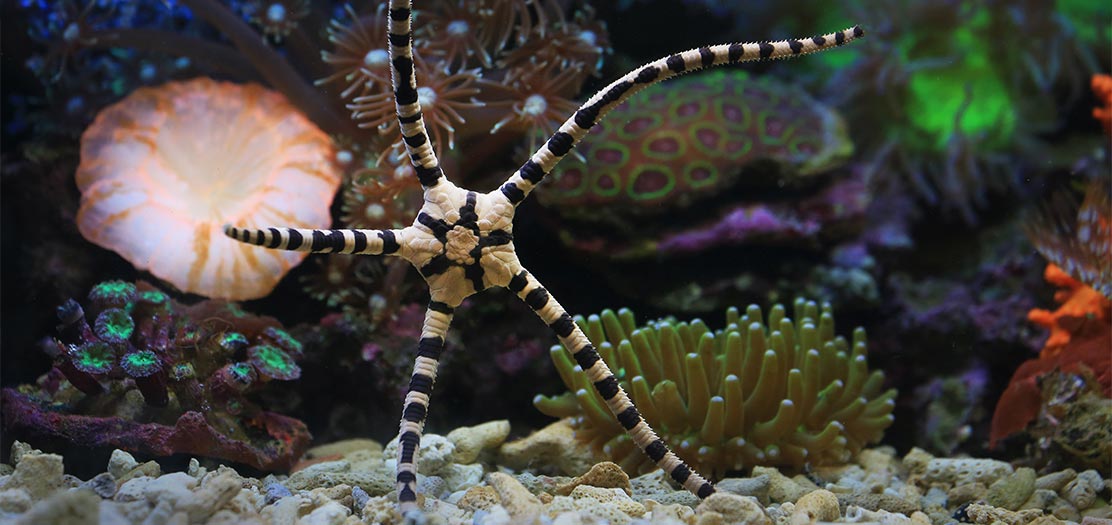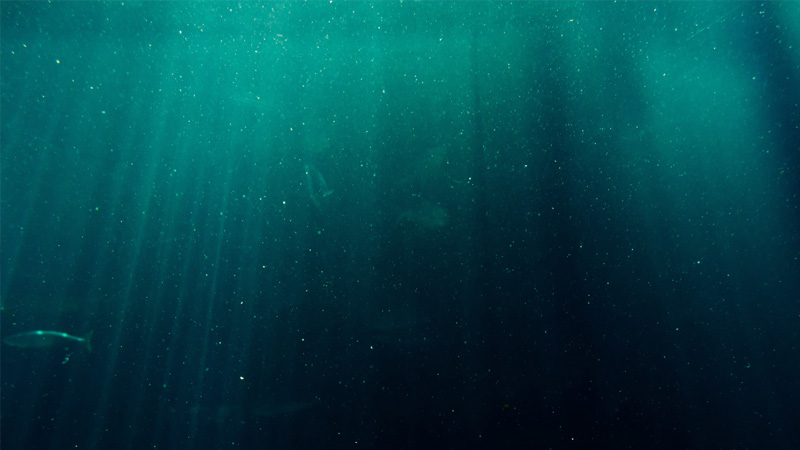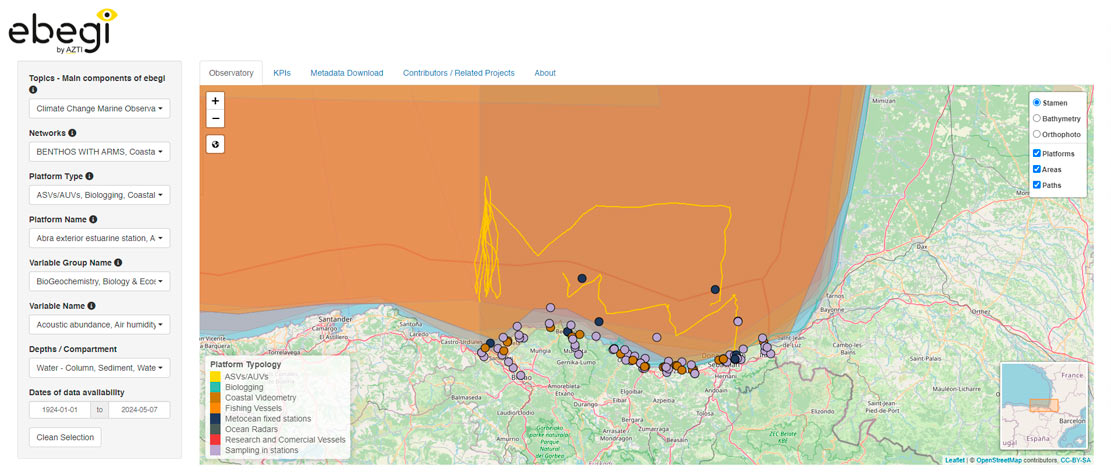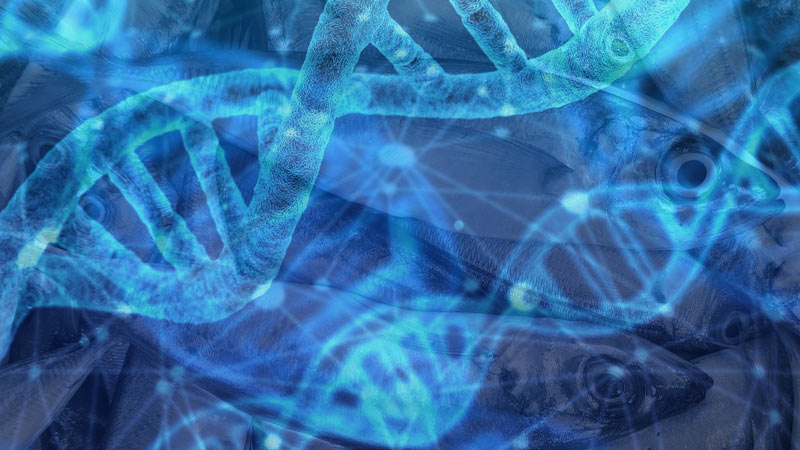CYADES
Role of fatty acid desaturases in the Global Ocean distribution of picocyanobacteria
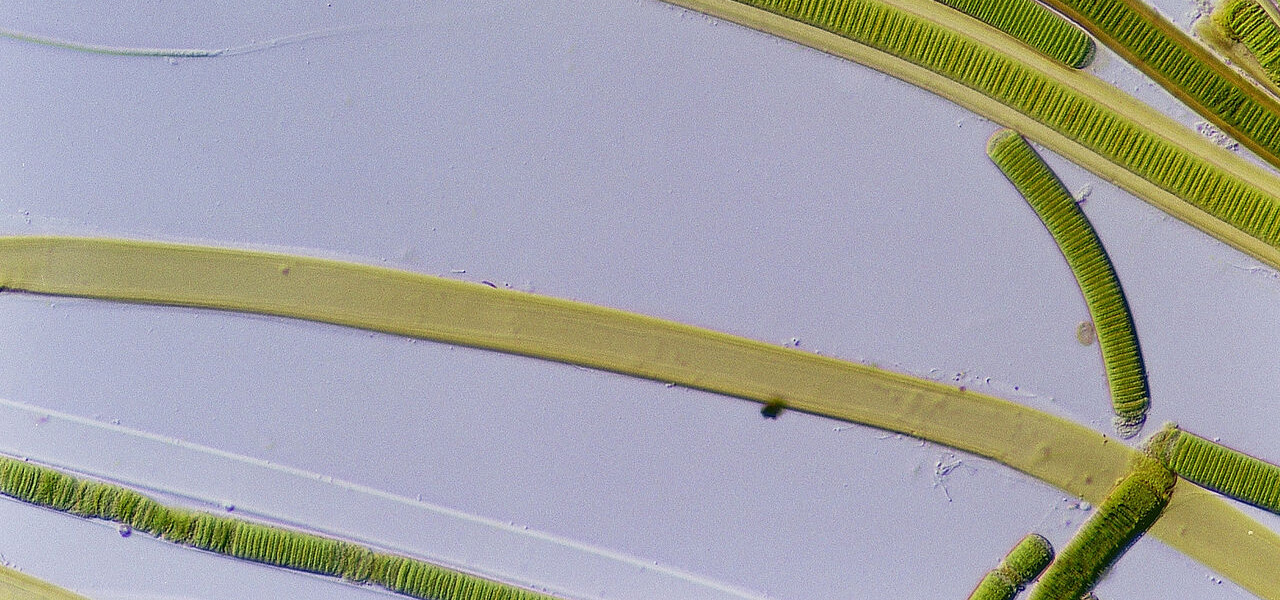
The CYADES project will study the physiological mechanisms that delimit the distribution of Synechococcus and Prochlorococcus marine cyanobacteria in the Global Ocean. These microorganisms are two of the most abundant phototrophs on Earth, accounting for about 25% of global carbon fixation. Therefore, understanding the molecular and physiological traits that determine the adaptation of these key microorganisms to different marine environmental niches is of great importance for predicting their future contribution to carbon fixation in a Global Change scenario.
Synechococcus and Prochlorococcus are mainly present in the tropical and temperate oceans, both are absent or rare in polar marine waters, in what seems a strong limitation by permanent low temperatures. In this project we will study one of the most immediate physiological responses to exposure to cold temperatures: changes in the fluidity of cell membranes. In marine cyanobacteria, these fluidity changes significantly affect the activity of membrane proteins and, therefore, key processes such as photosynthesis or the transport of electrons from the respiratory chain. To compensate for the loss of membrane fluidity as temperature decreases, cyanobacteria desaturate their fatty acids with enzymes called desaturases. Different membrane desaturases have been shown to play an important role in cold adaptation in freshwater cyanobacteria, but virtually nothing is known about the functionality of desaturases in marine cyanobacteria.
In CYADES we will characterize different desaturases of marine cyanobacteria, to understand their role in the adaptation to the thermal niche of Synechococcus and Prochlorococcus in the ocean. With this objective, we will combine genetic analysis of desaturases in the Global Ocean, physiological and biophysical analysis in experimental studies with model cyanobacterial strains, genetic engineering techniques and modeling of ecological niches.
Project Data
| Participants |
AZTI (coordinator), Biofisika / Basque Center for Biophysics (UPV-EHU), Instituto Español de Oceanografia (IEO) |
| Funding |
Ministerio de Ciencia, Innovación y Universidades (MCIU), Agencia Estatal de Investigación (AEI) and Fondo Europeo de Desarrollo Regional (FEDER) |
| Length |
2019-2021 |


